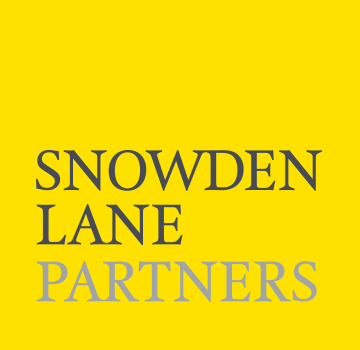Financial Planning – This Veteran Advisor Built His Career with Technology
January 2016
When John DiCiaccio first started his career as a financial advisor in the 1980s, he instinctively knew then what has become a mantra now: “I needed technology to scale up my business,” he says.
DiCiaccio deepened his understanding over time by joining computer clubs, taking classes and staying late after work to get up-to-speed on technology and understand how to use it better. As his own practice grew, he took steps to keep adding technology — adopting CRM tools at their infancy, for instance, and mandating all his employees do so too.
“It was clear that progress would be made and our industry would grow to utilize it more and more, so I took an interest to this early on,” says DiCiaccio, a Los Angeles-based partner and managing director at Snowden Lane Partners, a firm that oversees $220 million in total client assets.
“While other people dismissed technology as a fad and didn’t embrace it until it was too late, I jumped in early,” he tells Re: Invent|Wealth as part of its ongoing conversation with financial advisors around the country about how they have brought technology into their business.
What technology do you use for your practice?
We use a variety of devices, services and platforms to help us perform our job as efficiently and effectively as possible. In my office I use a remote desktop which has four screens at my desk and is connected to a highly secure data center. Using a remote desktop relieves me of the maintenance and service that servers require and lets our team focus on our work. Technology can be a big burden and requires a large investment, both financially and timewise, so we’re glad we can push that responsibility off to experts and focus on our clients and what we do best. We also use eMoney, MoneyGuidePro and Skype.
How does it improve the quality of what you do?
First and foremost, it enables us to serve our clients better. From being able to more effectively understand their financial picture, to being able to propose potential financial planning ideas and strategies to them in interactive ways that are engaging and easy to understand, technology makes us better financial advisors to our clients.
How does it shape the quality of your client interaction?
Technology is important and helpful, but it’s all about the connection. We use tech to have a better human relationship with our clients and their families: more contact, more knowledge and more engagement. Technology is important, but it is a conduit to fostering a better client relationship.
What are some things technology has taught you over time?
One important lesson I learned early on was that recognizing the value of technology and software was merely the first step. Step two was actually incorporating it into your daily work routine and being disciplined to study, learn and continue the education process. A lot of advisors early on bought computers and showed them off to their friends, but then they never used them, so step two was actually making it a part of the daily routine. I’ve been doing that since day one and it’s been hugely beneficial to my career.
Another important issue is that clients are no longer wowed by new technology and they expect us to have a mastery of these tools. Technology is no longer a ‘nice to have’ but a ‘need to have’ of any successful practice. We’ve been ahead of the tech curve for a while so this puts us in a good position.





